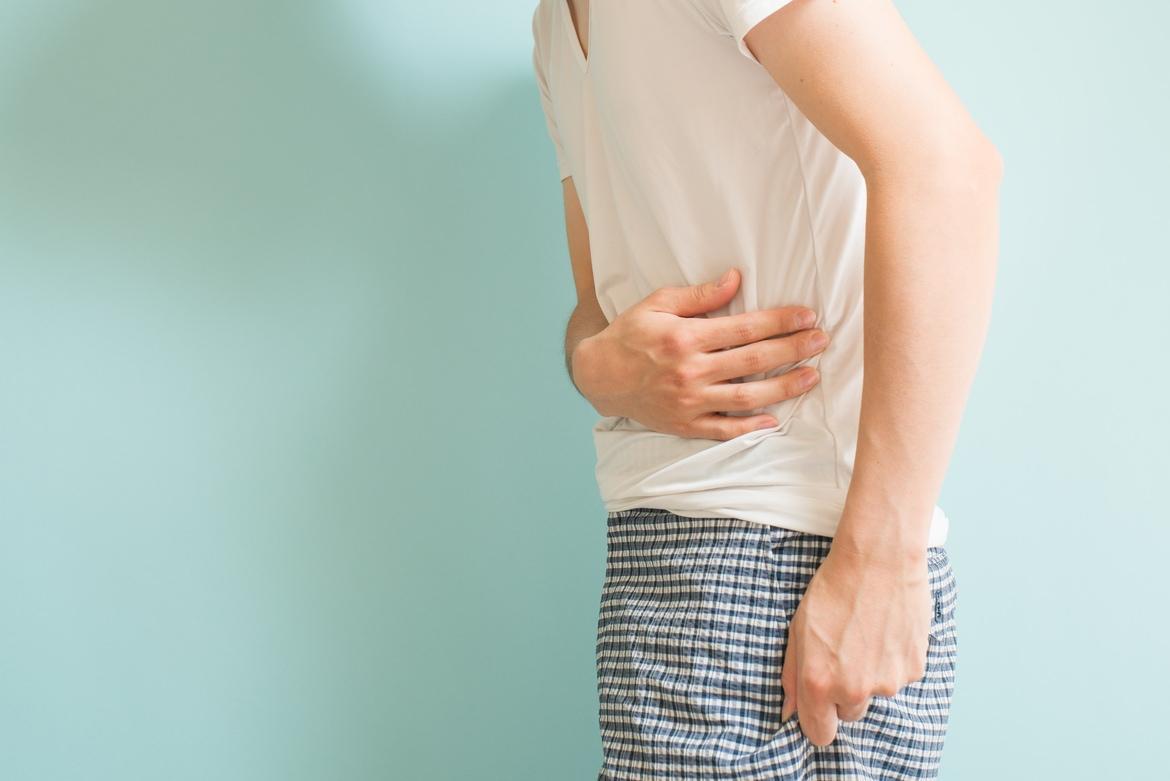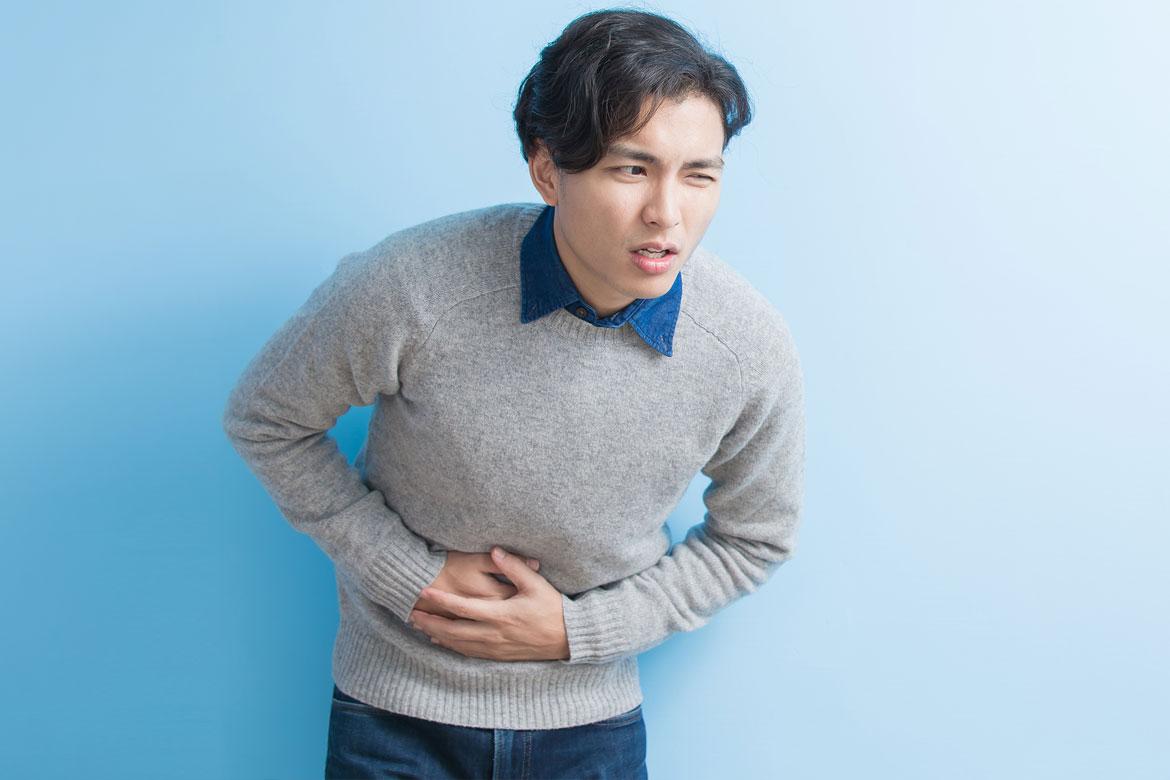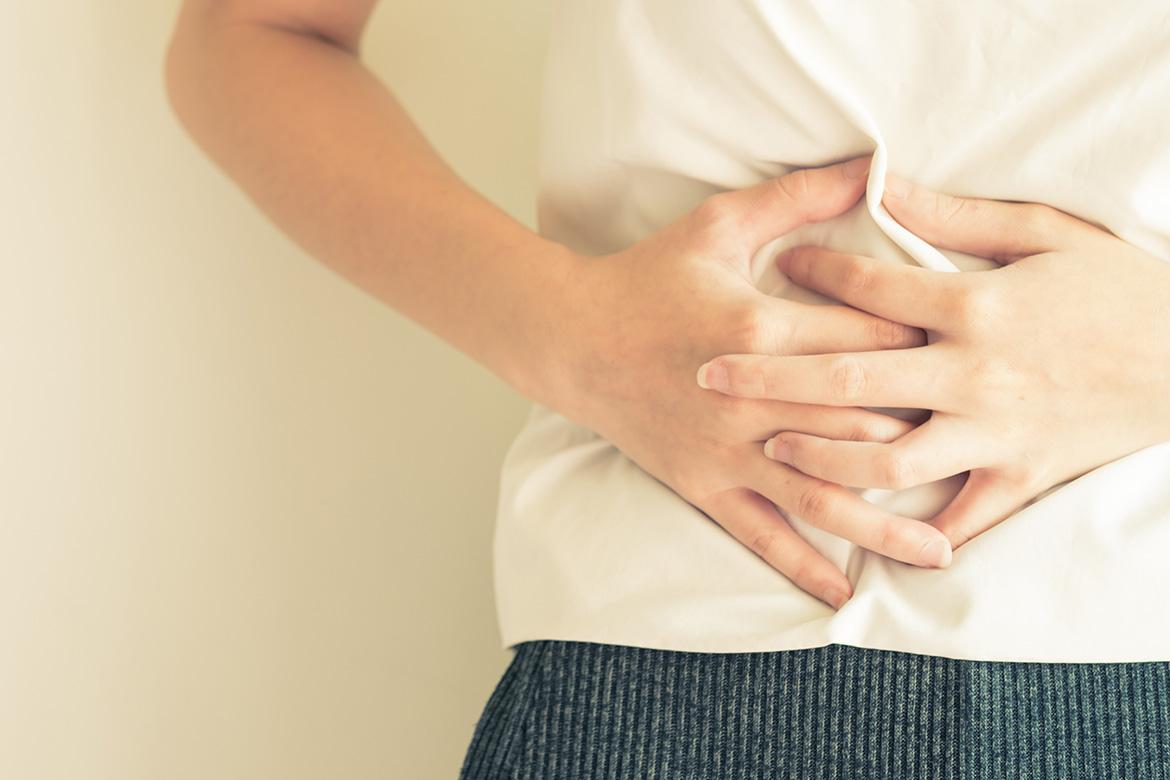-
-
Featured Care Areas

Stomach Flu & Food Poisoning (Gastroenteritis)
Frequently asked questions
A: Food poisoning symptoms can last from a few hours to several days. It usually resolves without medical treatment within a week.
See a doctor if you have the following symptoms:
- High fever
- Dehydration
- Severe vomiting
- Diarrhoea for more than 3 days
- Extreme stomach pain
A: Food poisoning that is caused by bacteria, viruses or parasites can be contagious.
To prevent the spread of food poisoning:
- Stay at home from work or school
- Wash your hands well with soap and water frequently
- Disinfect commonly touched surfaces
A: Generally, you are most contagious from the time your first symptoms start until several days after they have resolved.
However, some viruses, such as rotaviruses and noroviruses, can make you contagious before symptoms start and can shed for several weeks in your stool.
This is why good hand hygiene is so important to prevent the spread of infection.
A: Gastroenteritis usually resolves on its own after a few days and can be treated at home with over-the-counter medication. Antibiotics are not usually needed as most gastroenteritis are caused by viruses.
Some ways to care for gastroenteritis at home include:
- Drinking plenty of liquids to replace the fluids lost to diarrhoea and vomiting. Water, sports drinks, clear broth and oral rehydration solutions are good ways to replace water and electrolytes.
- Consider taking over-the-counter remedies for diarrhoea. If you are giving medication to children, do check with a paediatrician first.
- Eat small amounts of bland food such as rice porridge, toast or plain crackers.
- Avoid foods that might trigger symptoms. This includes food that is high in fat or sugar and products that contain dairy or caffeine.
A: No, there is no way of knowing you have food poisoning until it is too late, and there is no way to cure food poisoning before it starts.
You can prevent and avoid food poisoning by:
- Washing your hands before and after eating.
- Cleaning and rinsing kitchen and eating utensils and surfaces well before use.
- Avoiding cross-contamination of raw and cooked foods by ensuring that they are separated during storage and preparation.
- Cooking food, especially meats, to a safe internal temperature.
A: It is important to cook pork thoroughly as raw or undercooked pork can make you sick. Pork can contain parasites such as roundworm or tapeworms, which are typically killed in the cooking process.
A: Stomach flu, or viral gastroenteritis, can occur more than once, but it is uncommon for the same virus to recur within a short time.
If you have just recovered and are experiencing symptoms soon after, consult a doctor.
A: Most cases of gastroenteritis are not serious and symptoms go away on their own after several days. However, serious complications such as severe dehydration may develop in:
- Elderly
- Children
- Those who have a chronic illness
- Those who have a compromised immune system
These groups of people should seek medical attention for gastroenteritis.
A: It is not common for food poisoning to cause constipation after diarrhoea. However, constipation may occur due to poor oral intake while you are unwell and dehydration.
If this happens you may need to:
- Increase your water intake
- Take some oral rehydration solution
- Increase your intake of probiotics
A: You should try to eat light meals for 1 – 2 days after major symptoms go away.
During this period, opt for bland, low fat and low fibre foods as they are easier to digest. This will help your gastrointestinal system to readjust as it is healing.
A: Activated charcoal is often used to treat poisoning. There is no evidence that it is useful in the treatment of stomach flu symptoms.
If you have a chronic condition and are taking medications, take activated charcoal with care as it can prevent the absorption of certain medications.
A: If you have food poisoning, you should:
- Rest and take small but frequent sips of clear fluids to prevent dehydration.
- Consider taking oral rehydration solutions to replace the water and electrolytes lost to vomiting and diarrhoea.
- Eat small meals of bland, low-fat foods such as rice, toast or crackers.
In most cases, you will recover on your own in a few days. However, if your condition does not improve after a few days and if your symptoms are severe, see a doctor.
Young children, pregnant women, those over 60 or anyone with a chronic illness or weakened immune system should see a GP.
A: If you have severe symptoms from dehydration, you may experience dizziness. Seek medical help immediately, where possible.
A: If your child:
- Has started weaning, you should offer small amounts of bland and digestible foods such as rice, potatoes and bananas.
- Has gastroenteritis and is losing fluids to vomiting or diarrhoea, you should ensure that they rehydrate frequently to prevent dehydration. Instead of plain water, you can give an oral rehydration solution. Follow the instructions on the packet and give small amounts at a time after each episode of vomiting and diarrhoea, allowing some time for their stomach to settle.
- Is breastfeeding or being formula-fed, you should give less milk each time and supplement with an oral rehydration solution. You do not need to dilute the milk formula.
A: Research has found that probiotics are not helpful in reducing the symptoms of stomach flu.
This coverage checker is brought to you by Health Insured, an online resource that helps you understand your health coverage in Singapore.
This page has been reviewed by our medical content reviewers.
Need help?
For enquiries, please call
+65 6377 3737
For appointment bookings, please WhatsApp
+65 8111 3777







